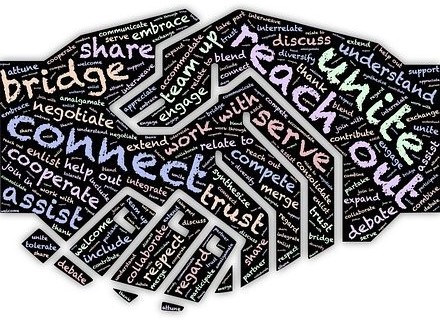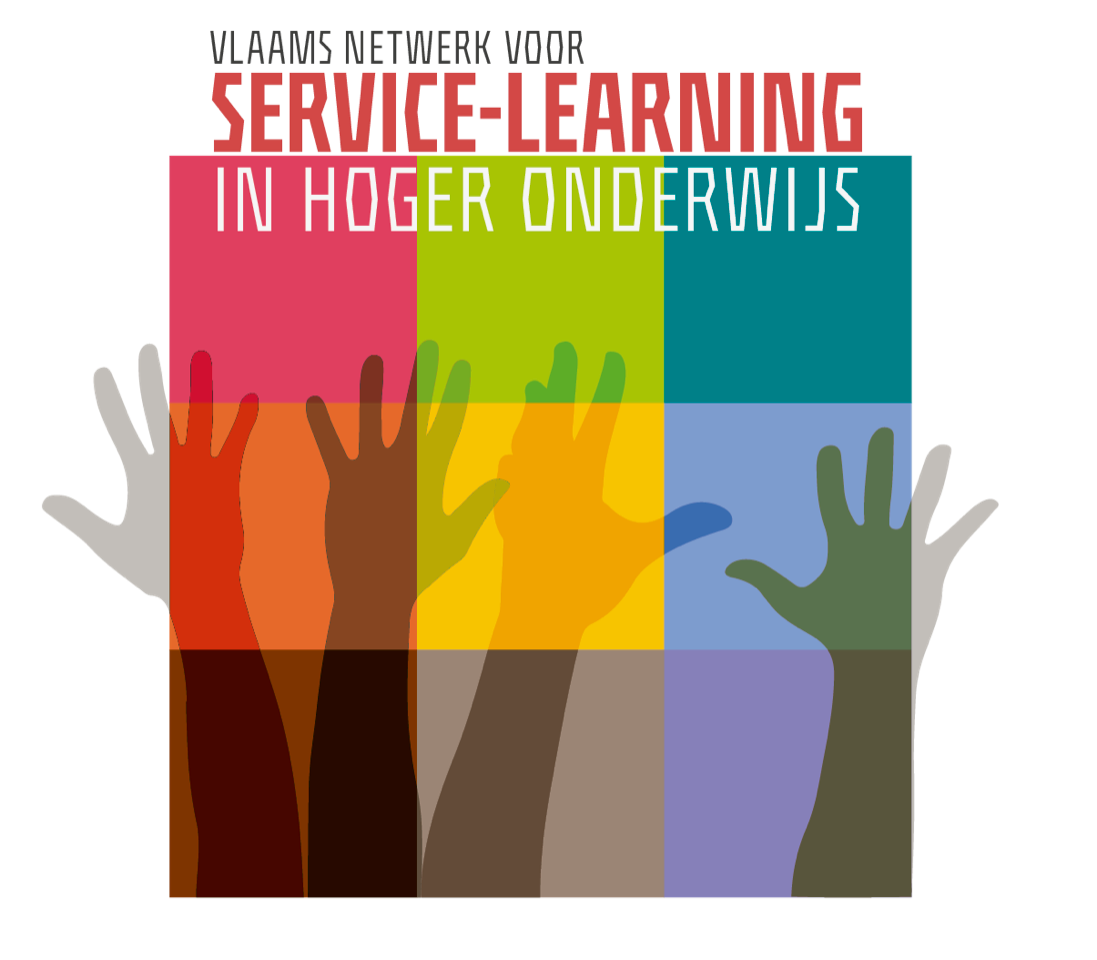About service-learning
Service-learning is a form of education in which a student makes a social commitment, reflects on it and learns on a personal, social and professional level. Generally speaking, service-learning is an experience-oriented form of education that connects learning content and social commitment.
There is no single definition for service-learning. Each institution focusses on specific aspects of the pedagogy. This is also necessary to implement the pedagogy in a sustainable way within its own curricula.
Some definitions:
- Service-Learning (KU Leuven)
- Community Engaged Learning (Utrecht University)
- Maatschappijbetrokkenonderwijs & onderzoek (MBO) of Community Engaged Research & Learning (CERL) (Vrije Universiteit Brussel)
- Community Service Learning (UGent)
- Engaged University of Civic (UHasselt)
Despite the differences in emphasis in these approaches to service-learning, there are three crucial components that should be present in a service-learning project.

Community engagement
Each service-learning project starts from real social needs. These needs are formulated in co-creation between teacher, student and community partners. All stakeholders involved (student, organization &teacher) work and think on an equal and reciprocal basis.

Theoretical deepening
A service-learning project should be integrated into a curriculum, either as an elective or as a compulsory course. In other words, a connection should always be made between theoretical insights and practical experience. This theoretical anchoring is essential.

Reflection
Personal reflection is the common thread throughout every service-learning project and ensures a fruitful connection between theory and practice.
Learn more about how our different partner institutions are developing the service-learning pedagogy:
- What is service-learning? – KU Leuven
- Why Community Service-Learning? – Antwerp University
Service-learning Toolkits
- Higher Education and Civic Engagement – Lorraine McIlrath – UHasselt
